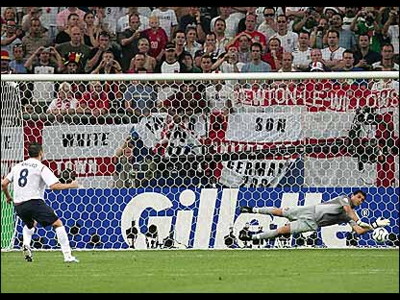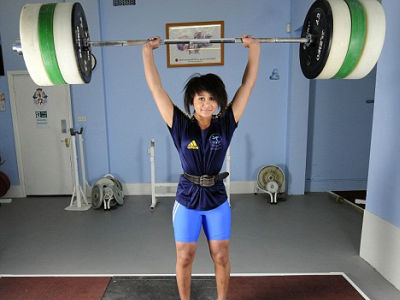Attempts to monetize 'heart rate data' while athletes are playing matches are underway

In recent years, the wave of data analysis has been rushing to the world of sports, and various indicators and data are measured in baseball and soccer, and fans are enjoying using indicators and data in addition to play and score. Each other hit the ball in the walled court squash of professional organizations and Professional Squash Association (PSA) is, we are promoting the 'attempt to monetize by measuring the heart rate of the players during the game.'
Sports Data Labs Partnership Pays off for Players --Professional Squash Association
https://psaworldtour.com/news/view/7706/sports-data-labs-partnership-pays-off-for-players
Squash to monetise players'physiological data to attract more eyeballs | Sports News, The Indian Express
https://indianexpress.com/article/sports/sport-others/squash-monetise-players-physiological-data-to-attract-more-eyeballs-6585778/
In December 2019, PSA made a strategic investment in technology provider Sports Data Labs and began exploring attempts to monetize 'athlete physiological data.' Athletes who agree to this attempt will wear measurement straps during the match and receive financial incentives instead of exposing the measured heart rate data to spectators on the court and those watching the TV broadcast. It seems that you can do it. PSA believes that heart rate data will help entertain the audience and attract more fans.
Saurav Ghoshar , an Indian professional squash player, said, 'I've known this attempt for a year and a half. Anything that provides new information about sports is intriguing. For example, football is very interesting. There are a lot of statistics and it stirs people's creativity. ' Although he admits that collecting sports data has the effect of attracting spectators, Mr. Ghoshar himself will not participate in attempts to get rewards instead of providing heart rate data.
'I tried it in practice, but the strap slipped off my chest, and the straps for measurement are too tight, which makes it difficult to breathe,' Goshar said about why he refused to measure heart rate. '. 'I don't know if I want to let the world know my heart rate at any point during the match,' he said, adding that providing heart rate has both practical and strategic hurdles. ..

Squash, which has a relatively narrow court and can reach up to 200 km / h for advanced players, is known as a sport in which the player's heart rate tends to be very high. Exercise intensity is said to be twice that of tennis, and the heart rate may exceed 200 times per minute. Heart rate data can be a clue for squash beginners to get information such as 'players are tired' or 'playing is accelerating'.
Goshar pointed out that the possibility of data analysis reaching the squash court is immeasurable. Indicators such as player-ball distance, hitting speed, total mileage, shortest / maximum / average rally duration, and number of rallies per 30 seconds or minute are measurable: 'These indicators make people completely different. You will see the sport in the same way, 'says Goshar.
It's not just the spectators watching the match that the detailed play indicators and data are useful. It seems that the player himself may be able to improve the play by paying attention to the subtle indicators, Mr. Ghoshar said, 'Personally, I would like to know at what heart rate the maximum exercise intensity is exhibited.' And that.

Goshar believes that if a wave of data measurements hits squash, people will use the data to enjoy squash games. On the other hand, he pointed out that although statistics have great power, they cannot predict the success or failure of players by themselves.
For example, when talking about a soccer player, individual factors such as 'jumping power' and 'dash speed' cannot be used to discuss the quality of play. Even if you are a good jumper, it doesn't make sense if you don't have the ability to jump and head the ball in time. If 'the faster the dash, the better', then Usain Bolt, a former track and field sprinter who holds world records in multiple disciplines, is the best soccer player.
'We can't measure the reading or mentality of the game. Roger Federer, Rafael Nadal and Novak Djokovic are all good tennis players, but they all have different points,' Goshar said. Similarly, he argued that a good squash player adapts the good parts to squash, so just because something good is a good indicator doesn't mean he can be a great squash player. ..

Related Posts:
in Note, Posted by log1h_ik







